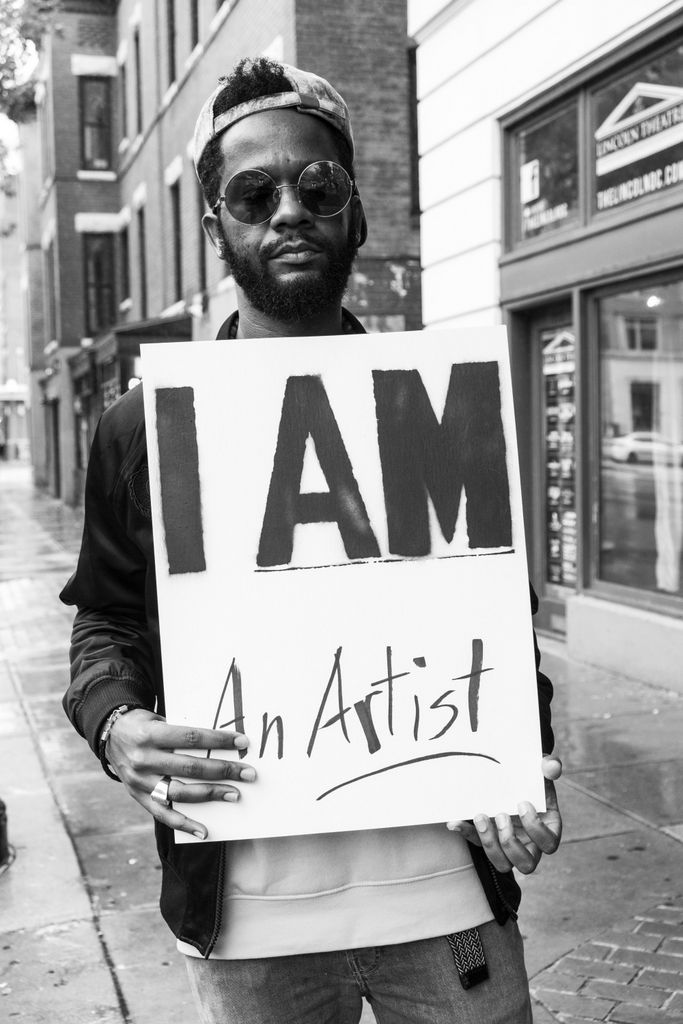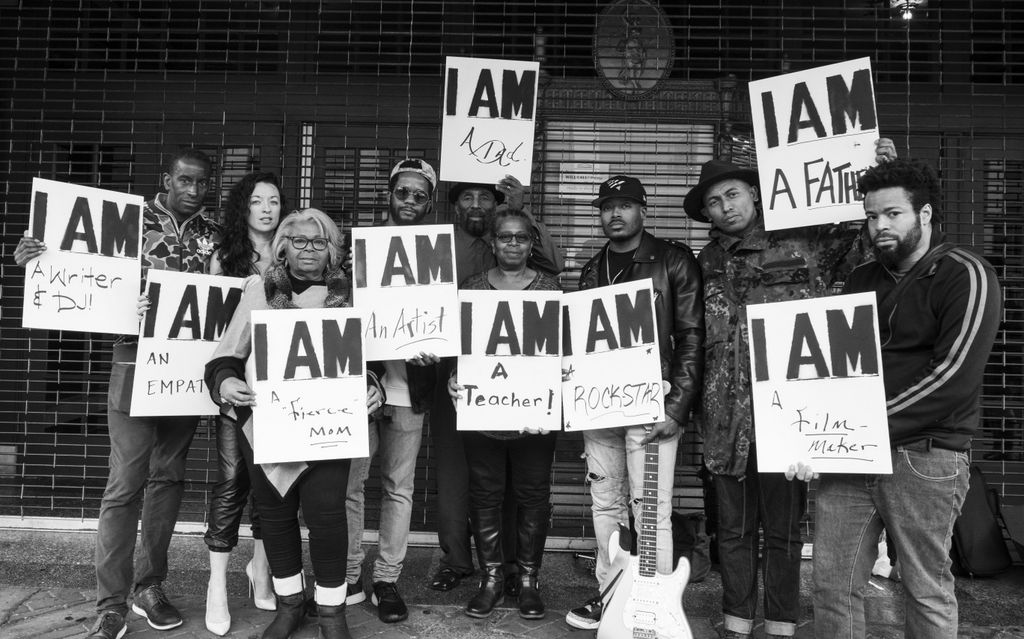[ad_1]
By Micha Green
AFRO D.C. Editor
[email protected]
The 1968 Memphis Sanitation Workers’ Strike was the last protest the Rev. Dr. Martin Luther King Jr. orchestrated before his assassination April 4 of that year, and their slogan was, “I AM A MAN.” More than 50 years later, Grammy-winning bassist, singer and songwriter Ben Williams has repurposed that slogan as an album title and as a mission to address the plight African Americans face.
“I wanted to address the social climate, what’s going on in the world and how it affects the Black community, but I wanted to do it in a way that wasn’t a traditional protest feeling,” Williams told the AFRO in an exclusive interview.

Williams said he was first inspired by the 1968 Sanitation Workers’ Strike after watching the Ava Duvernay film 13th, which features a photo montage at the end that includes the iconic image of men holding up the “I AM A MAN,” sign.
“I just dove into that idea of “I AM A MAN,” what it meant to those men, those sanitation workers and how I could apply that in a modern context,” Williams said.
From the idea grew the album.
“Essentially what this album is doing is digging into the psyche, the soul and the spirit of the African-American male, and all its complexities.”
With songs such as “If You Hear Me” and “We Shall Overcome,” the Duke Ellington School of the Arts and Juilliard graduate is using art as a means of continued protest and awakening audiences to the challenging realities for Black men.
The D.C. native explained that they have the difficult experience of constantly discussing and being faced with societal and internal intricacies, while at the same time being unable to express the complexities of being of a male of African descent in America.

“I think conversations happen all the time amongst Black men, but I will say there are a lot of things we don’t talk about- a lot of things that I’m sure a lot of us feel that we don’t really know how to quite express- the small doses of trauma from a lot of everyday things. Sometimes just getting on the elevator with someone who might be a little intimidated by your presence. Walking into a jewelry store, an expensive high-end clothing store, and you know that anxiety and tension that we all feel from our experiences of being profiled and being discriminated against,” he said.
“I AM A MAN,” also incorporates striking photos. Williams collaborated with legendary D.C. photographer Janette Beckman to include photographs recreating the iconic imagery from the 1968 Sanitation Workers’ Strike.
“We took the photos in D.C. and I created the signs,” he said. “I created half of the signs, and the part of the sign that says ‘I AM A MAN,’ I left blank so it allowed people to put themselves into it. I had everyone pick a word that would describe them or how they would want to be described.”
Using people of various ages and demographics, Williams said he wanted the imagery to have a universal appeal.
“It’s about telling the world who you are and not the other way around.”
In the end Williams explains that the album is a celebration of Black culture and a lesson in our humanity for those outside of the race.
“Coming from my culture, this album is definitely a celebration and acknowledgement of Blackness- a celebration of Blackness and the complexities. I want people to really feel that and be reminded that, we’re very complex individuals. We’re very layered and despite it all, we’re still here and we’re still here for each other,” he said. “And for those outside of the culture I want people to see that this group that is often marginalized, they are very complex… What fuels prejudice is ignorance and a lack of understanding and empathy for cultures outside their own. To treat somebody equally you first have to see them as an equal. You have to see them just as human as you are, and so this album is really declaring our humanity.”
[ad_2]
Source link
